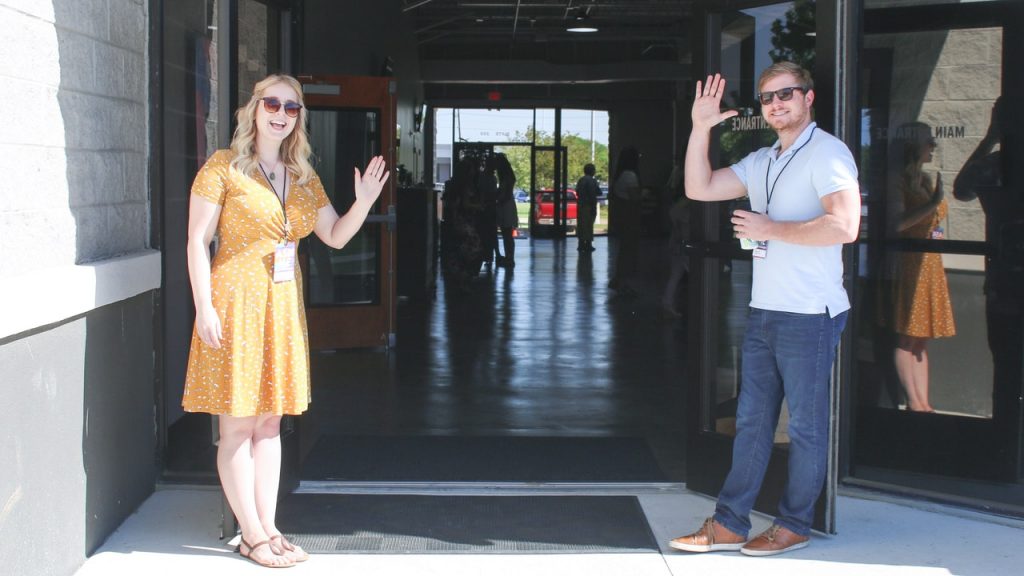[Note: In the run-up to the Second World War, the Western democracies, which had calculated that the dictators Adolf Hitler and Joseph Stalin were implacable foes, were stunned to find that the two had concluded a Nonaggression Pact. The treaty meant that not only would Nazi Germany and the Soviet Union not attack each other but also the latter would supply the former with raw materials much-needed to fuel Hitler’s dreams of world domination. While these events caused great shock elsewhere, Winston Churchill, sought to understand and exploit the turn of events. In his excellent book, Winston Churchill, CEO, business author Alan Axelrod highlights the lessons the British leader’s reactions to this and other events holds for today’s business leaders.
Printed with permission of Sterling Publishing Co. Inc from Winston Churchill, CEO, 25 Lessons for Bold Business Leaders, by Alan Axelrod.]
What, however, would be the Soviets’ next move? “I cannot forecast to you the action of Russia,” Churchill admitted, and then continued with a figure of speech that became instantly famous: “It is a riddle, wrapped in a mystery, inside an enigma; but perhaps there is a key.”
That key is Russian national interest. It cannot be in accordance with the interest of the safety of Russia that Germany should plant itself upon the shores of the Black Sea, or that it should overrun the Balkan States and subjugate the Slavonic peoples of south-eastern Europe. That would be contrary to the historic life-interest of Russia.
Confronted with the appearance of total catastrophe, Churchill looked into it for some legitimate good. Confronted with a mystery, he fell back on common sense and historical precedent to make an educated guess as to motives and likely outcome. His object was not to create national self-delusion or to attempt to evade harsh reality. Rather, it was to avoid destructive panic—the panic that comes from acting either on appearances or in response to the murky unknown. Churchill embraced the unknown—admitted the mystery—but he refused to become lost within it.
Having established Russia’s self-interest and having introduced the assumption that Russia would continue to act from self-interest, Churchill was able to make an even more positive leap, arguing that in southeastern Europe, the “interests of Russia fall into the same channel as the interests of Britain and France.”
None of these three Powers can afford to see Rumania, Yugoslavia, Bulgaria, and above all Turkey, put under the German heel. Through the fog of confusion and uncertainty we may discern quite plainly the community of interests which exists between England, France and Russia—a community of interests to prevent the Nazis carrying the flames of war into the Balkans and Turkey. Thus, my friends, at some risk of being proved wrong by events, I will proclaim tonight my conviction that . . . Hitler, and all that Hitler stands for, have been and are being warned off the east and the southeast of Europe.
By the end of the war’s first month, the armies of Nazi Germany had ravaged and totally conquered Poland. Worse, Stalin’s Russia openly collaborated in this. Together, these events must have seemed to most friends of democracy ample reason for panic and despair, or, at the very least, for succumbing to the dark fear that is born of mystery. Instead of fleeing from it, Churchill seized upon it, treating it as an asset rather than a liability. If the unknown held the prospect for bad things, it also held the prospect for good. Reasoning from common sense and historical precedent, he sought to fill the vacuum of uncertainty with the most positive interpretation he could credibly muster, seeking in this way to maintain hope and morale without denying reality or encouraging self-delusion. In the worst possible circumstances, it was leadership at its very best.



![[Front Cover of Winston Churchill, CEO]](https://CCapitalist.b-cdn.net/ccapitalist/wp-content/uploads/2009/05/winston_churchill_ceo.jpg)








